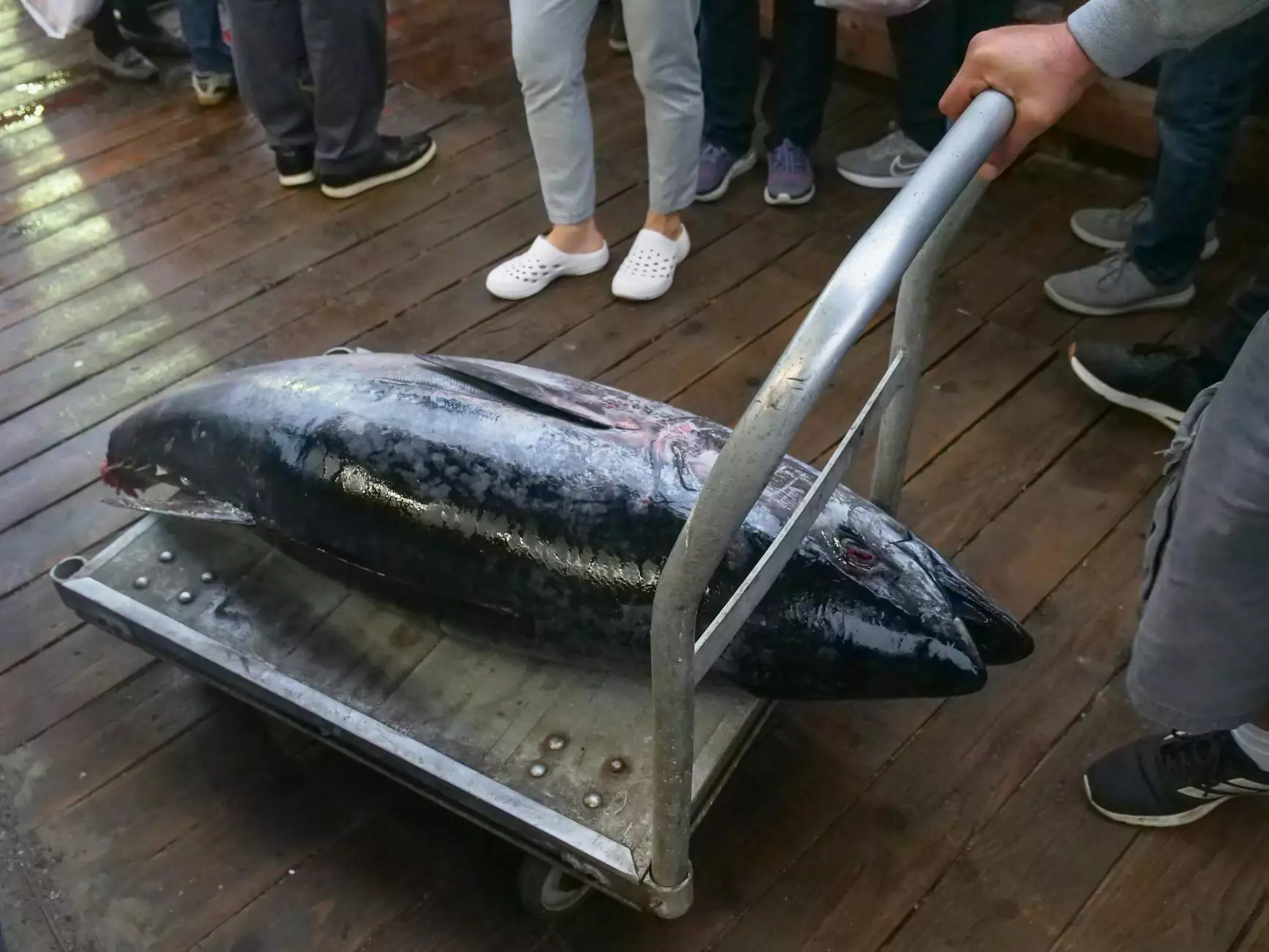Choosing the Right Oil Seal Supplier for Your Diesel Engine Parts

When it comes to maintaining and enhancing the performance of diesel engines, no component is too small to ignore. Among the critical parts that ensure engine longevity and efficiency are oil seals. Unfortunately, not all oil seals are created equal, and choosing the right oil seal supplier can make a world of difference. In this comprehensive guide, we will delve into everything you need to know about oil seals, the role of an oil seal supplier, and how to make an informed decision.
Understanding Oil Seals and Their Importance
Oil seals, sometimes referred to as rotary shaft seals or lip seals, are essential components that prevent the leakage of lubricating oil or other fluids from a machine. They ensure that the engine remains thermally stable and free from contaminants. The significance of high-quality oil seals cannot be overstated:
- Leak Prevention: By creating a barrier between moving and stationary parts, oil seals effectively prevent the escape of lubricants.
- Contamination Control: They are designed to keep dirt, dust, and other particles from entering critical engine components.
- Increased Longevity: Quality seals contribute to the overall lifespan of the engine by maintaining optimal operational conditions.
- Performance Optimization: A well-functioning oil seal plays a crucial role in maintaining engine pressure, allowing for smoother operation.
Criteria for Selecting an Oil Seal Supplier
With the wide array of suppliers available, it's imperative to choose one that meets your specific needs in diesel engine parts. Here are important factors to consider when selecting an oil seal supplier:
1. Quality of Products
The cornerstone of a reputable oil seal supplier is the quality of their products. You should ensure that the seals are manufactured following stringent industry standards. Look for certifications like ISO or other relevant quality assurance certifications.
2. Range of Products
It's beneficial to partner with a supplier that offers a wide range of oil seals that are compatible with multiple engine types. This versatility can save you time and money in sourcing different parts from multiple suppliers.
3. Company Reputation
Do your research. Check online reviews, testimonials, and case studies of previous clients. A supplier with a strong reputation in the market is more likely to deliver quality products and service.
4. Customer Service
A reliable oil seal supplier should provide exceptional customer service, including prompt responses to inquiries, knowledgeable staff, and a willingness to help troubleshoot issues related to oil seals.
5. Pricing and Terms
While price shouldn't be the only factor, it's important to understand the pricing structure. A reputable supplier should offer competitive pricing without compromising quality. Ensure you also check the terms and conditions related to warranties and returns.
6. Fast Delivery and Availability
Engine repairs can often be time-sensitive. Thus, a supplier that provides quick delivery and has a solid stock of commonly needed oil seals can be a significant asset to your business.
The Benefits of Choosing a Dedicated Supplier for Oil Seals
Partnering with a dedicated oil seal supplier offers several advantages:
- Expertise: A specialized supplier has in-depth knowledge of oil seals and can provide tailored recommendations based on your specific engine requirements.
- Technical Support: Access to technical advice and support can help you select the right seals and enhance overall engine performance.
- Customization: Some suppliers offer customization of oil seals, ensuring that they are tailored to meet specific operational demands.
- Consistent Supply: A dedicated supplier can help ensure consistency in the quality of parts you receive over time.
Understanding Different Types of Oil Seals
Before selecting an oil seal supplier, it's essential to understand the various types of oil seals available:
1. Lip Seals
These are the most common type of oil seals, consisting of a flexible lip that fits closely against a rotating shaft. Lip seals are widely used in applications involving high rotational speeds.
2. Mechanical Seals
Often used in pump applications, mechanical seals provide a more robust barrier against leaks and are suitable for high-pressure applications.
3. O-Rings
O-rings are circular seals that can be used for various purposes, including sealing between two cylindrical parts. They are versatile and often used in hydraulic applications.
4. Flat Seals
These are flat seal rings placed between two surfaces to prevent leakage at the joint. They are commonly used in various automotive applications.
Common Applications of Oil Seals in Diesel Engines
Oil seals play a crucial role in various diesel engine components. Understanding their applications can help you appreciate the importance of selecting quality seals:
1. Crankshaft Seals
These seals prevent oil from leaking out of the engine's crankshaft area, protecting the engine from oil loss and ensuring optimal performance.
2. Camshaft Seals
Similar to crankshaft seals, these seals ensure that oil does not escape from the camshaft area, contributing to the overall efficiency of the engine.
3. Transmission Oil Seals
Seals in the transmission area help maintain proper lubrication and prevent fluid leaks which can affect shifting performance and gear integrity.
4. Differential Seals
Used in the differential, these seals prevent oil from leaking out of this critical component, where it plays a vital role in allowing the wheels to turn at different speeds.
How to Maintain Oil Seals for Optimal Performance
Once you have selected quality oil seals from a reliable oil seal supplier, maintaining them is key to ensuring their longevity:
- Regular Inspections: Periodically check oil seals for signs of wear or damage.
- Ensure Proper Installation: Incorrect installation can lead to premature failure. Always follow manufacturer guidelines.
- Check Compatibility: Ensure that the oil seal is compatible with the type of oil being used, as certain oils can deteriorate some materials.
- Monitor Performance: Keep an eye on engine performance and fluid levels, as sudden changes may indicate seal issues.
Conclusion: Elevate Your Business with the Right Oil Seal Supplier
In conclusion, selecting the right oil seal supplier can significantly impact the performance and reliability of diesel engines. With the right supplier like client-diesel.com, you can ensure that you are sourcing high-quality components that promote efficiency and longevity. Investing time in researching and establishing a relationship with a dedicated supplier will pay dividends in the long run, enhancing both your operational efficiency and customer satisfaction.
Your diesel engine deserves the best, and by understanding the importance of quality oil seals and choosing a reputable supplier, you set yourself up for success in the competitive world of diesel engine parts.









